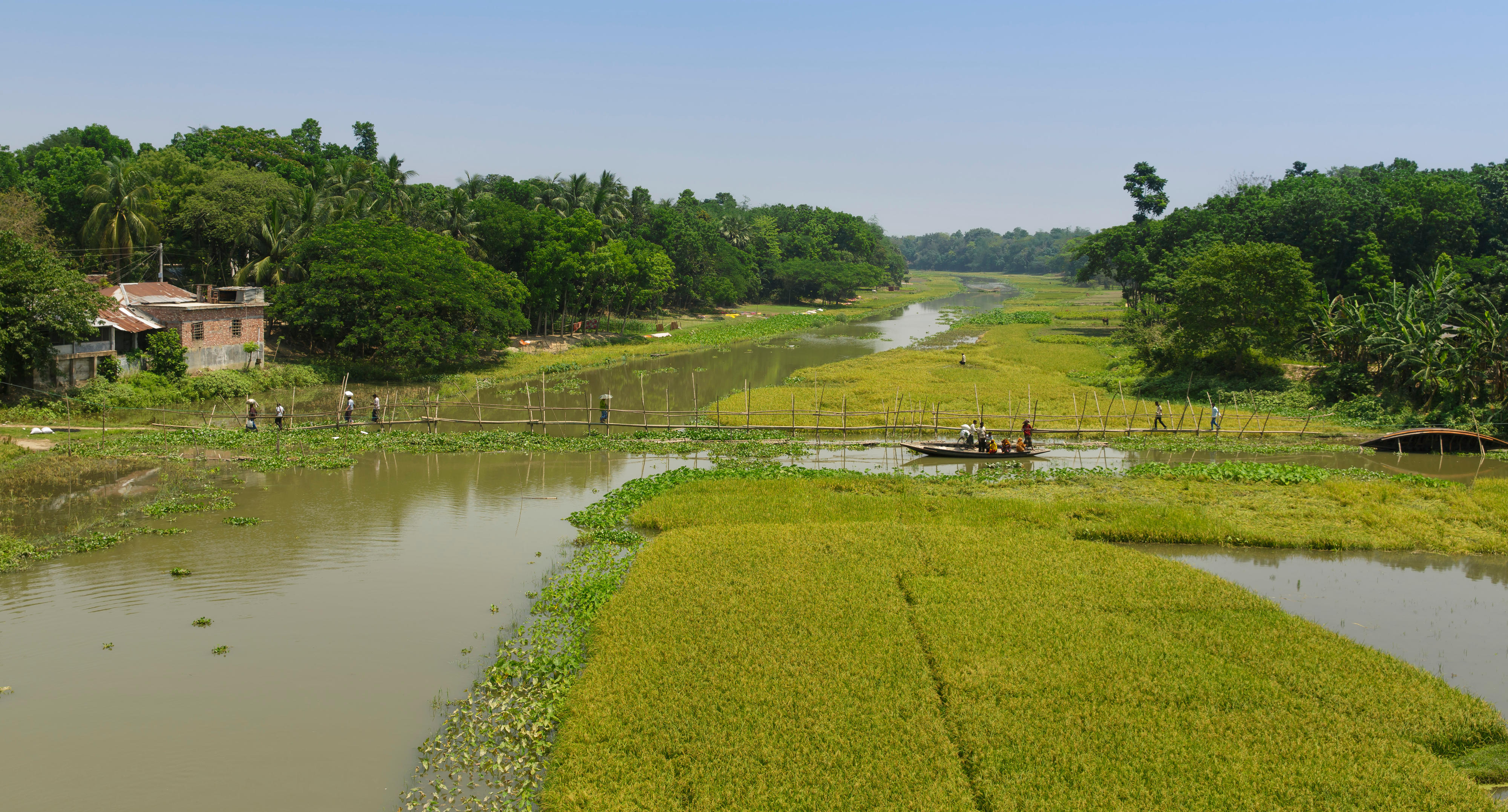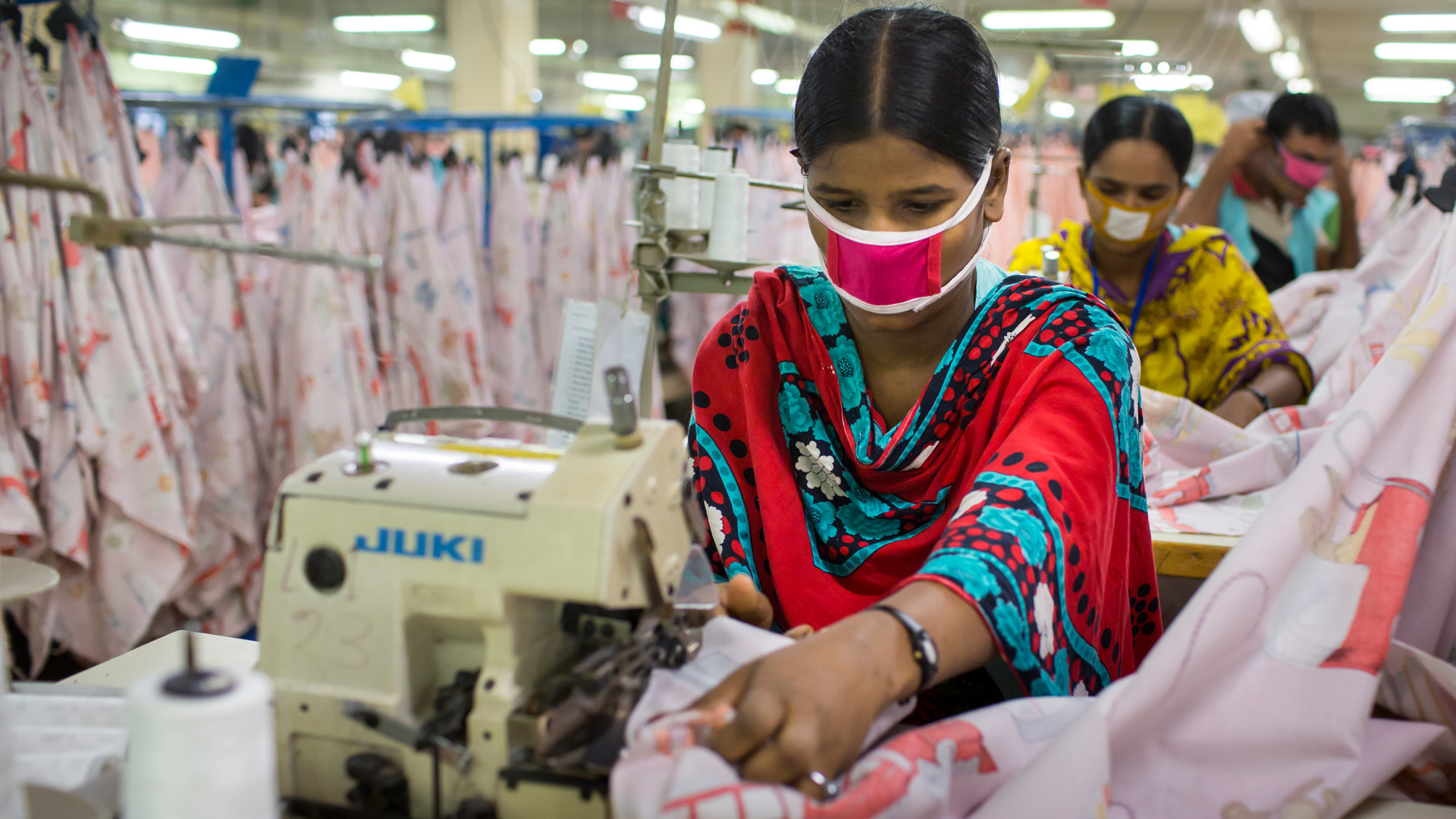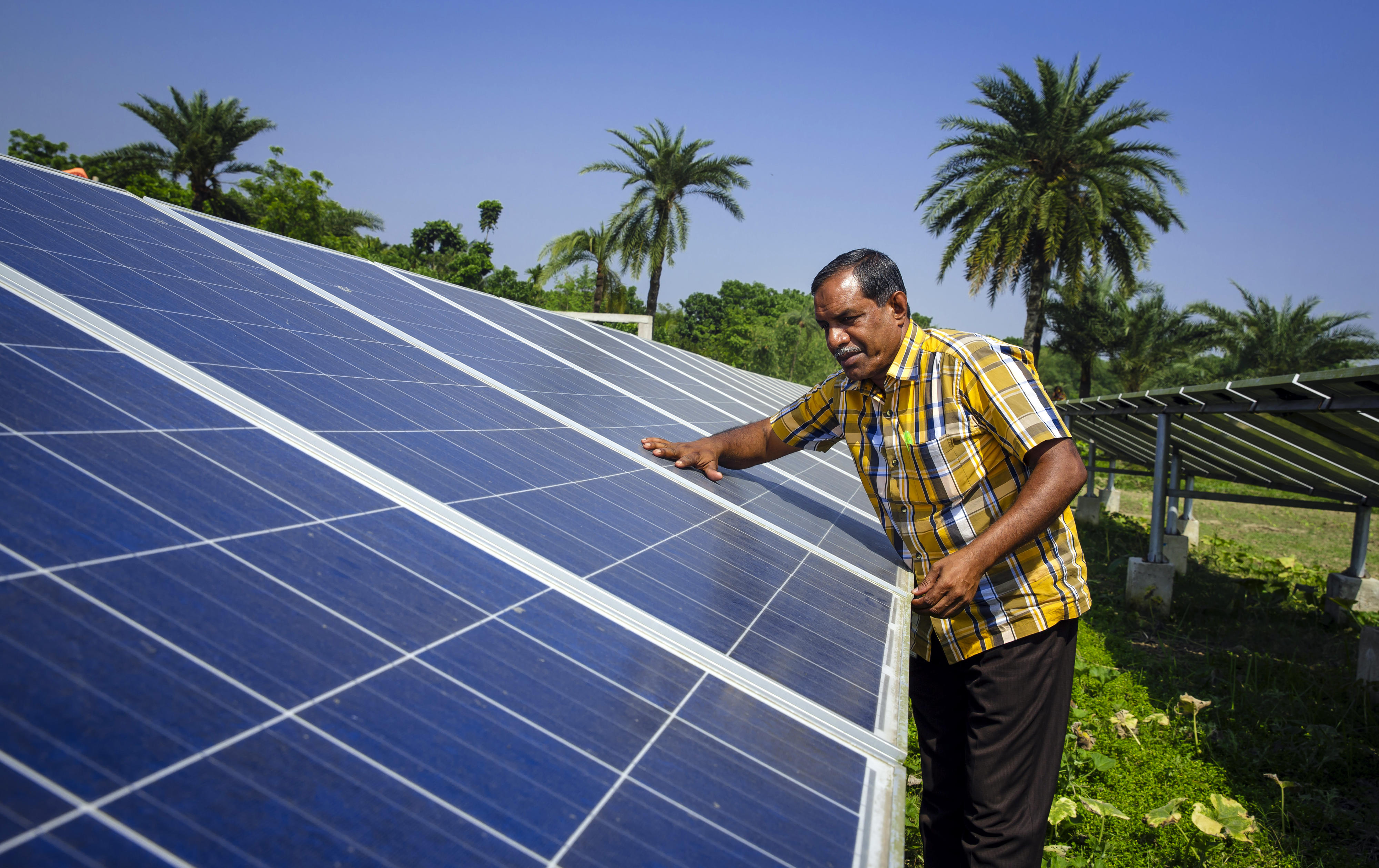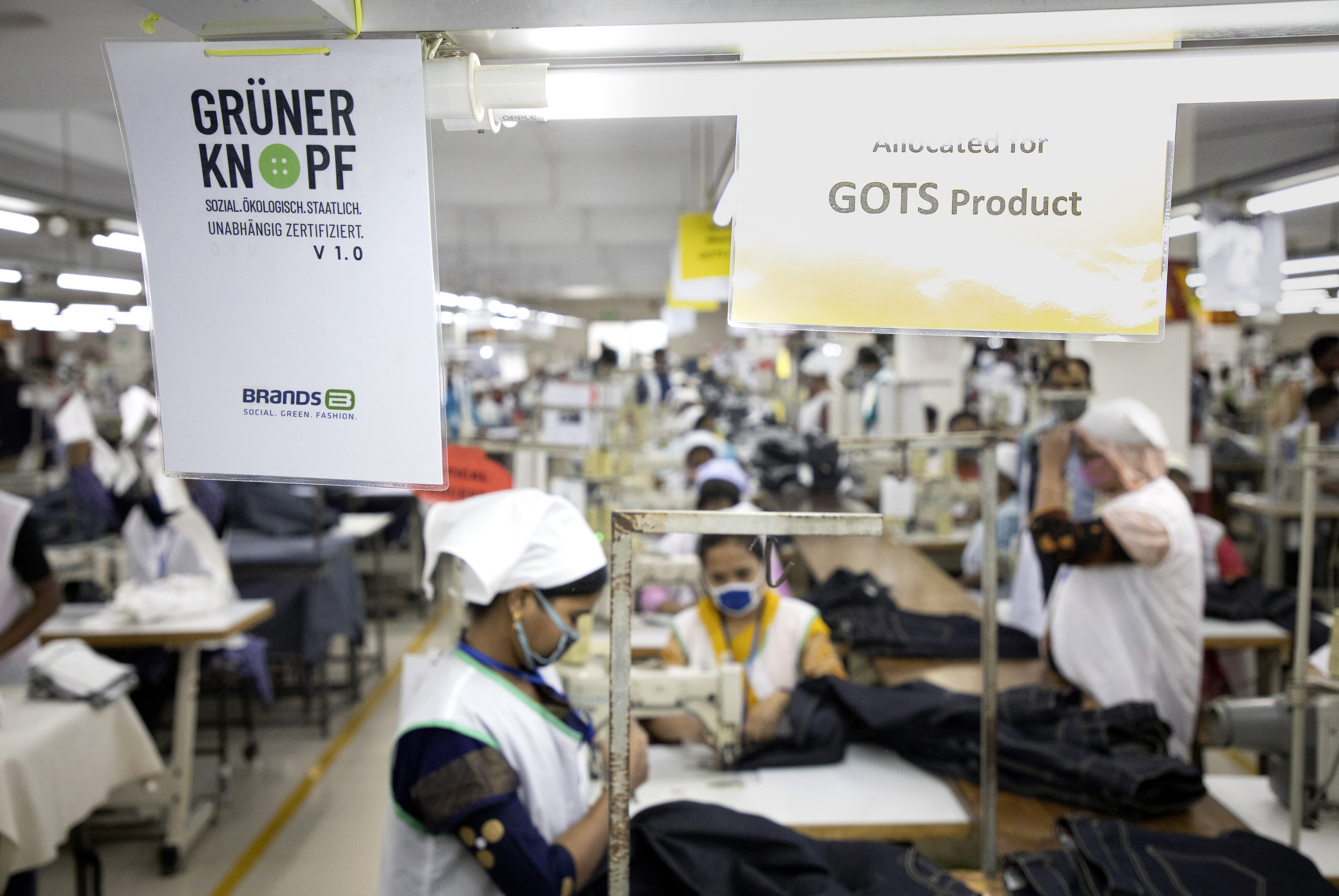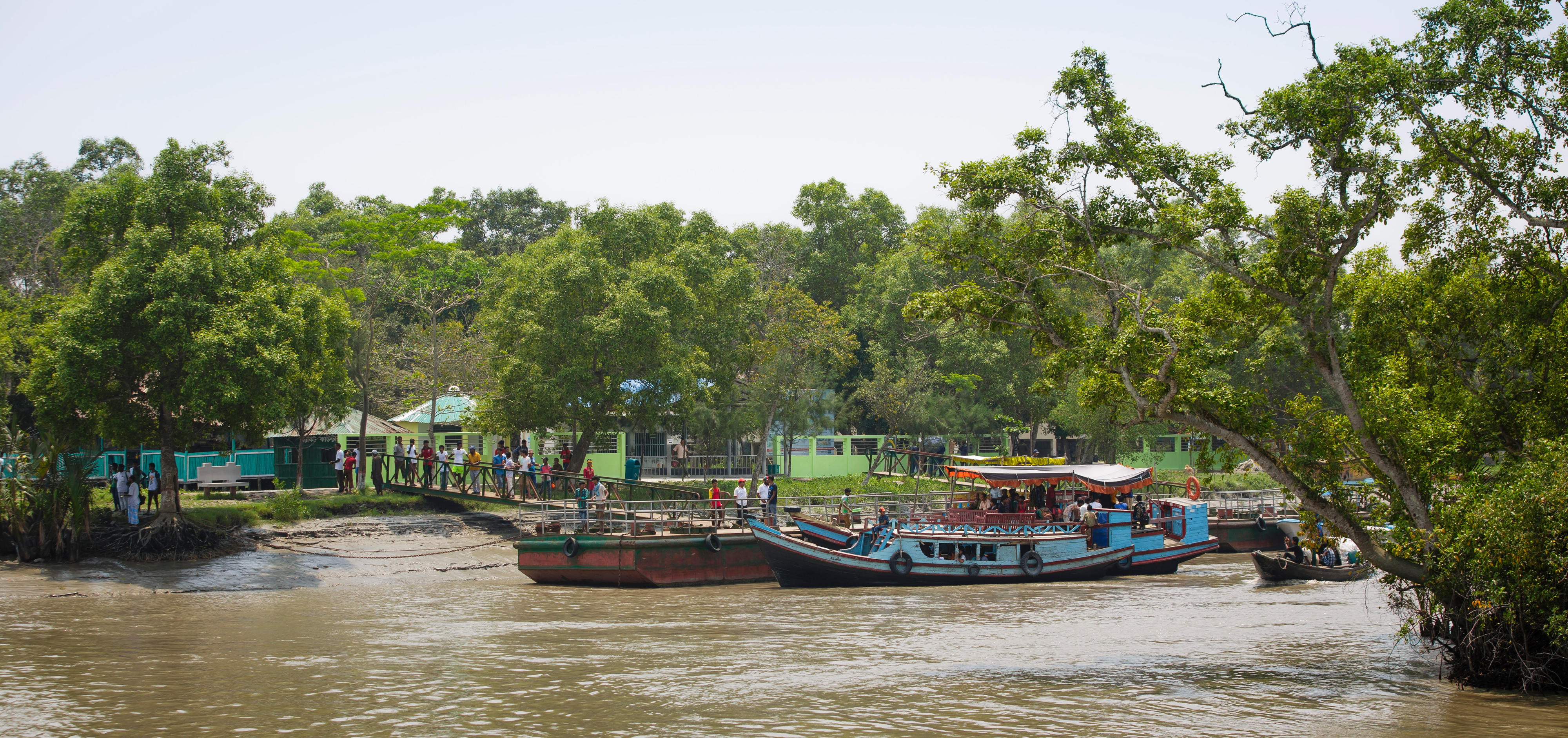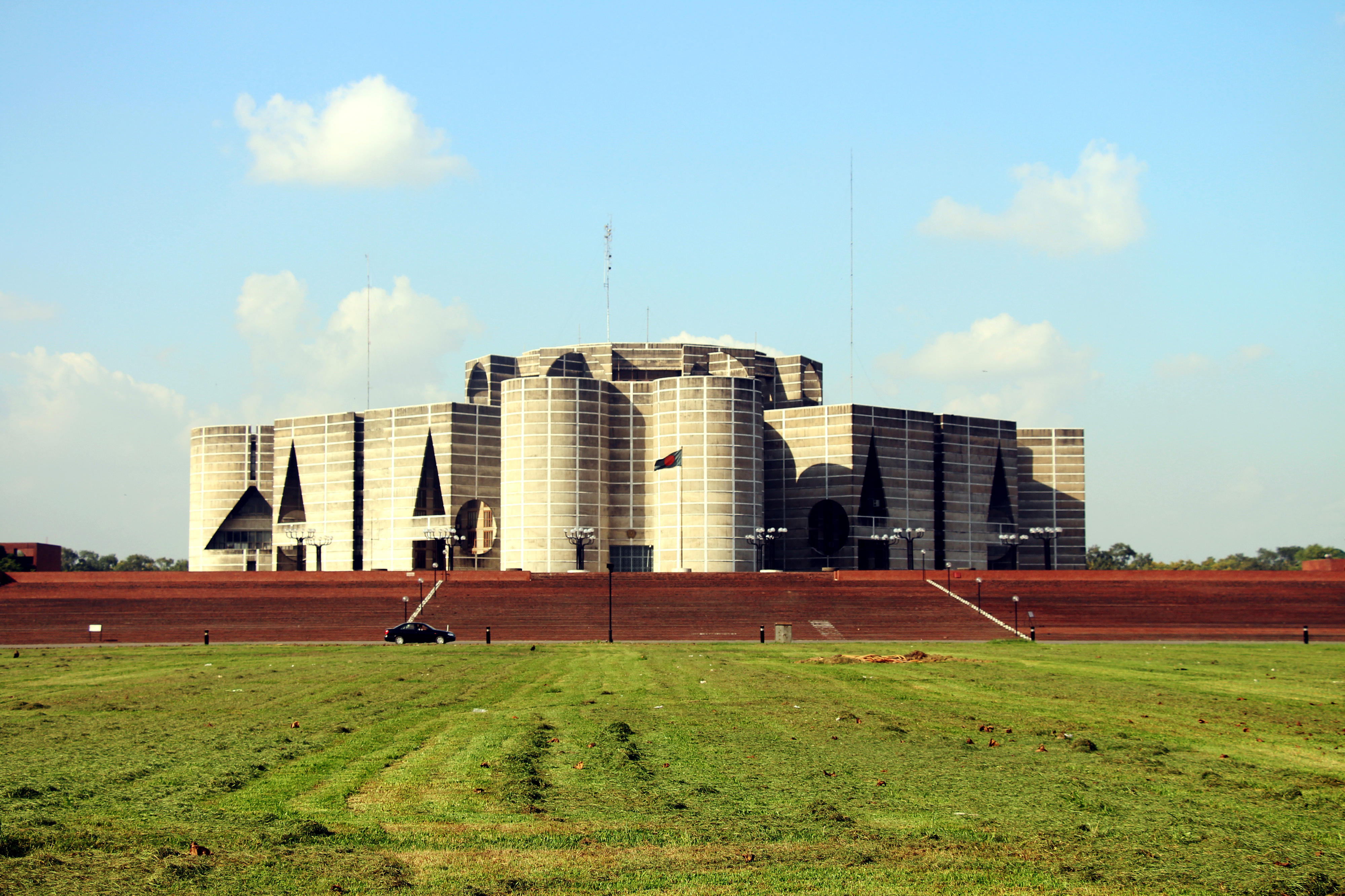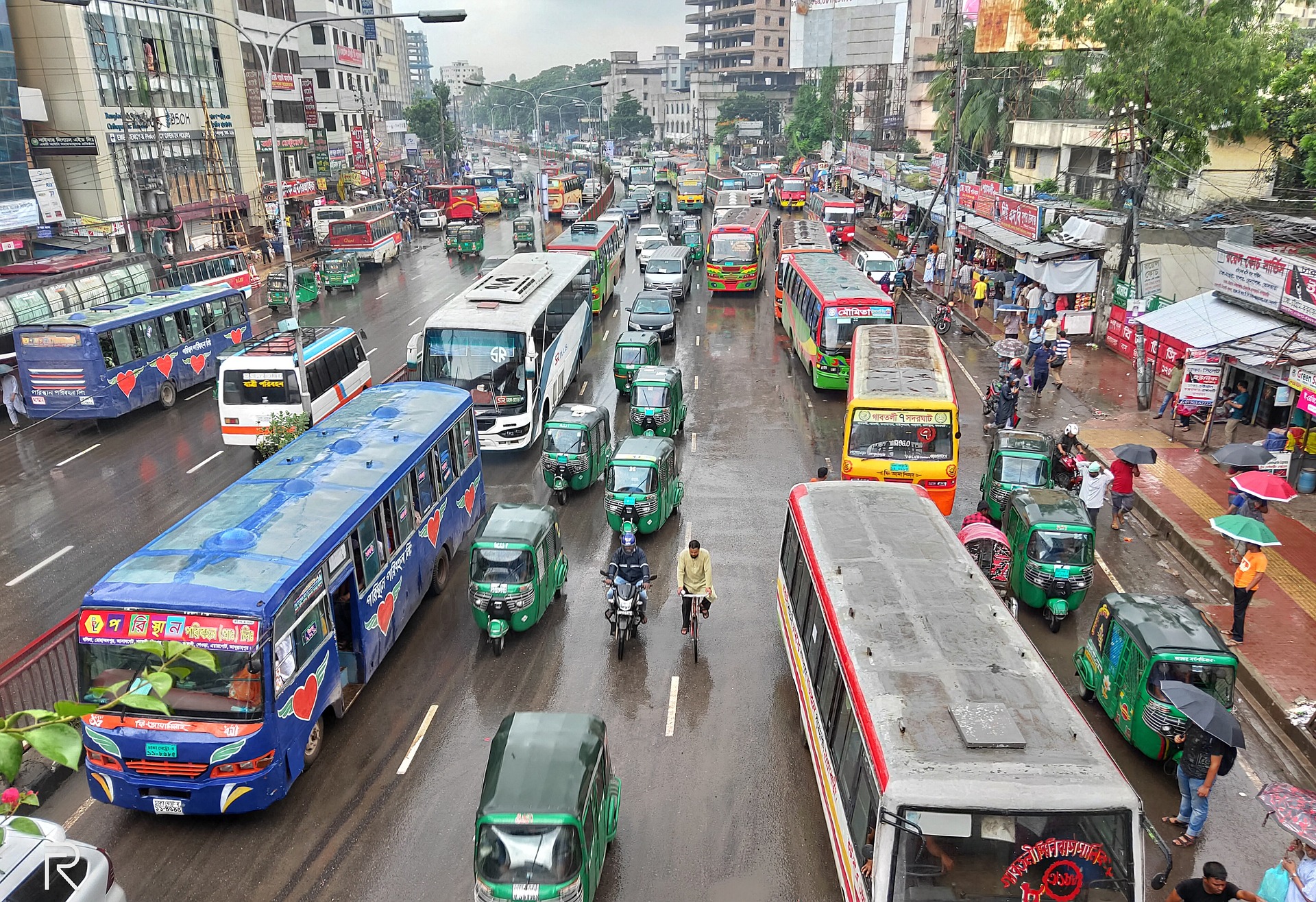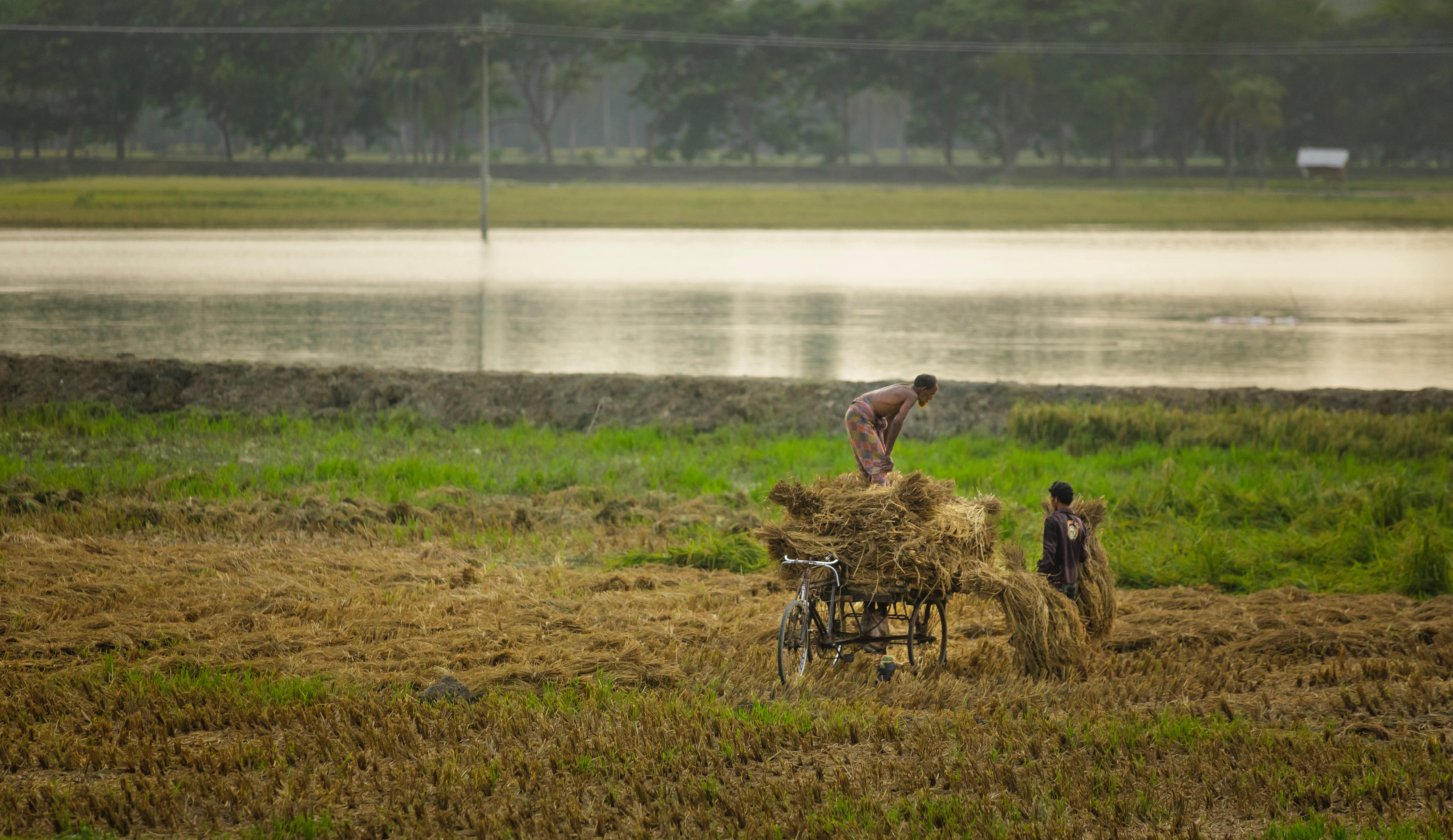People cross a river in Bangladesh via a narrow footbridge and by boat.
Copyright© Thomas Trutschel/photothek.net
Bangladesh
But the same water also poses great dangers. Monsoon rains, swollen rivers and cyclones coming from the Bay of Bengal repeatedly cause flooding and have claimed countless lives over the last few decades. Today, special shelters offer the people greater safety when floods hit, but they still cannot prevent the destruction of infrastructure and the loss of harvests.
In future, these weather-related phenomena are likely to become even more extreme. That is why Bangladesh is working hard to gain international support for its efforts to adapt to climate change. In fact, Bangladesh has taken on the role of spokesperson for the countries that are highly vulnerable to the impacts of climate change.
Bangladesh is the most populous of the “least developed countries” (LDCs). Over the last few decades, the country has made remarkable progress and its economy is developing at a dynamic rate. Based on the resolution adopted by the UN General Assembly on 24 November 2021, Bangladesh will graduate from the UN’s Least Developed Countries list in 2026.
German development cooperation with Bangladesh
Bangladesh and Germany enjoy friendly relations. Germany is the second biggest market after the US for apparel and textile exports from Bangladesh. As a long-standing and reliable partner in development cooperation, Germany is held in high regard in Bangladesh.
Cooperation with Bangladesh is currently focused on the following core areas and areas of intervention:
- Sustainable economic development, training and employment
Areas of intervention: technical and vocational education and training; socially and environmentally sound supply chains, trade and sustainable infrastructure - Climate and energy, just transition
Areas of intervention: renewable energy and energy efficiency; and sustainable urban development - Conserving nature and natural resources, protecting life on Earth
Area of intervention: biodiversity
SDG trends for Bangladesh
- On track or maintaining SDG achievement
- Moderately improving
- Stagnating
- Decreasing
- Trend information unavailable
